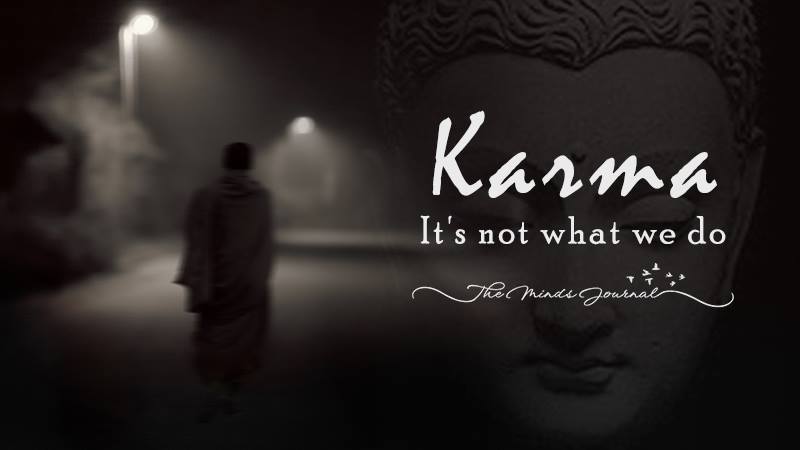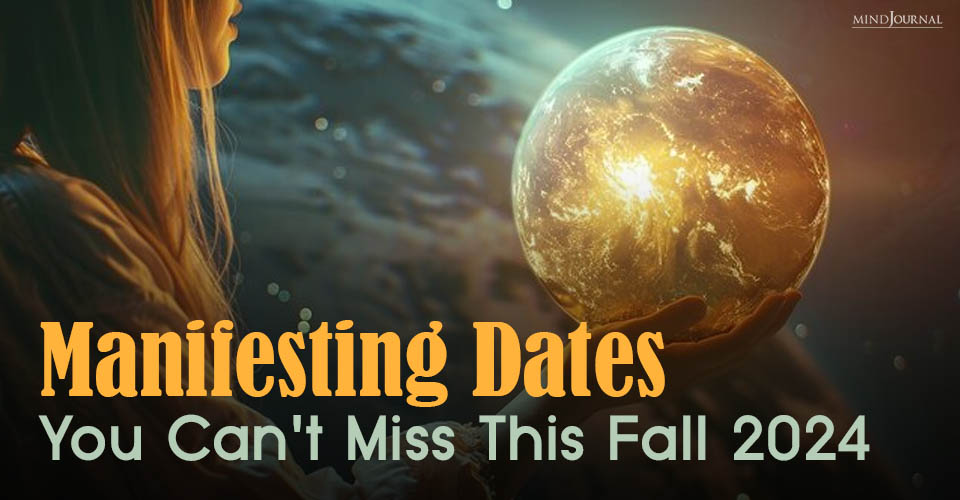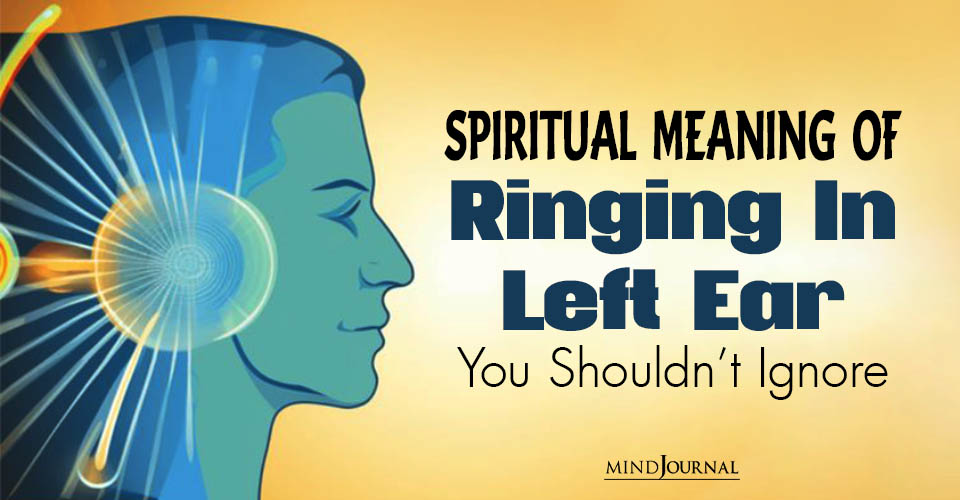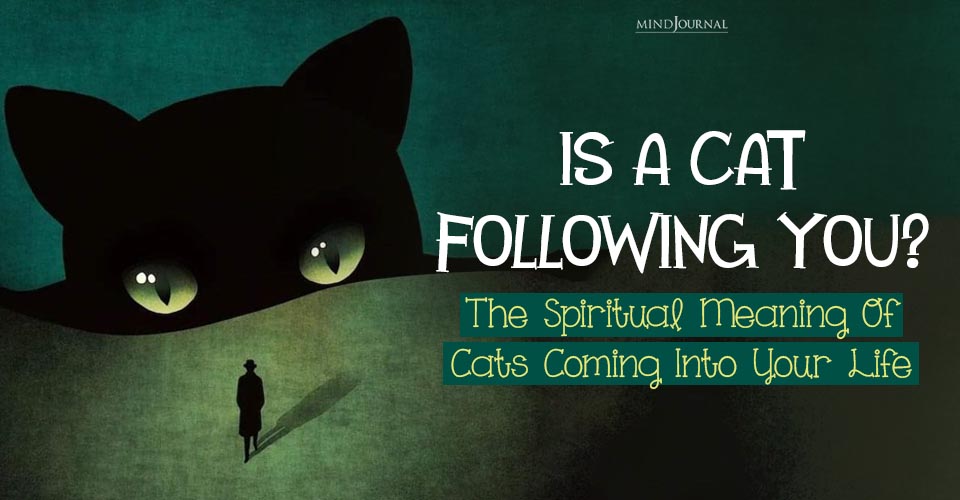Karma: that word that gets thrown around a lot.
People talk about “good” karma versus “bad” karma, or “your” karma versus “mine.”
But despite the term’s popularity, it seems like everybody has a different idea about what it actually means. If karma is truly one of the Buddha’s most important teachings, as he himself repeatedly emphasized, then to follow in his footsteps, we need to be clear about its definition.
The Problems with “Agricultural” Karma
Probably one of the most popular misunderstandings about Buddhist Karma is the idea that everything that happens to us is our karma. If we win the lottery or have an attractive partner, it’s because we performed good deeds in the past—we have “good” karma. If we get hit by a truck or our partner cheats on us, it’s because we misbehaved and have “bad” karma. And, of course, what we do now will determine our future results. Let’s just call this the agricultural view of karma: we reap what we sow.
So, what’s wrong with this idea? Well, whether we’re Buddhist or not, it creates lots of intellectual problems.
The first is that believing we reap what we sow simply seems to contradict a great deal of our experience. We act with kindness, maybe dropping a few coins into a homeless man’s can, only to have him call us a cheap yuppie. Or our chronically underperforming co-worker who spends most of the time surfing Facebook and pilfering office supplies gets a promotion.
In other words, the wicked very often seem to prosper, even thrive, while the good seem to get a goodly portion of crap.
How can this apparent contradiction be resolved? Proponents of agricultural karma will often use time as a rationalization. They will claim that just as a seed takes time to fruit, so do the fruits of your actions take time to ripen. Certainly, this helps. However, some things in life are still hard to explain.
Why, for example, do innocent infants die? They’ve barely had enough time to learn how to digest food properly, let alone perform some wicked deed. (Of course, we need to leave Stewie from Family Guy out of this equation, as well as the idea of the infant proposed by famous psychoanalyst Melanie Klein, who viewed it as a viscous and greedy succubus bent on completely draining the mother of her vital energy.)
I’m sure you’ve already come up with the answer: we must be dealing with more than one lifetime. In fact, the claim is that we have an infinite number of lives extending into the past. With this explanation, all the rewards and atrocities of life fit together like a skillful game of Tetris. We have an account for why infants die, or why we can be completely loving and faithful to our partner, only to end up alone; it’s just our karmic comeuppance from cheating in a previous life.
Sure, we still might feel unhappy because our partner is now dating a princess from Bhutan, but at least we can mourn with a sense of ease, knowing there is some order to events in the universe, and that these personal painful events are just the fruits of old, bad karma. We can also rest easy because in the future, we’ll also reap the rewards of our fidelity—it just might take time.
If we stop here, then all is well.
However, if we push a little further beyond this logical seal, then we confront what we call “the administrative nightmare.” How can all those good and bad deeds possibly be kept track of? And not just in one lifetime, but across infinite lifetimes? What conceivable cosmic ledger could account for all those transactions? It seems like an administrative impossibility to coordinate that vast amount of information and organize events so everything unfolds correctly, and justice gets served to the right people, at the right time, in just the right way. The organizational details are so complex that it leads people to say that karma is some infinitely subtle, ineffable cosmic order, inaccessible to even the most sophisticated minds.
An even bigger problem is that, with infinite lifetimes, absolutely everyone would have enough karma for nearly anything to happen to them. Put it this way: we all have everything coming.
The irony is that this view of karma ends up undermining its original purpose of explaining an individual’s unique, personal history.
Even if we manage to somehow dismiss these logical problems, we’re left with one that chafes at the heart of Buddhism. This view of karma presupposes an abiding self that’s responsible for these events, whereas the Buddha’s central message was the radical proposal that there is no self (anattā). The agricultural view of karma rests on there being some sort of enduring “you” (call it a self, soul, mind-stream, or whatever) who is responsible for what “you” did in the past, and a “you” who will benefit or be cursed in the future.
This view of karma contributes to acting in self-cherishing, ego-reinforcing ways. In other words, it supports the very self-illusion that the Buddha considered the root of our suffering.
Karma as Intention
What did the Buddha really mean by karma? The answer is simple: intention.
He said, “Intention, I tell you, is karma. Intending, one does karma by way of body, speech, and intellect.” Defining karma in this way, the Buddha departed radically from all previous thinking about karma.
In the traditional Brahmanical culture of India, karma generally referred to action. Do good deeds, and the universe will reward you in turn. But by redefining karma as the intentions behind one’s actions, the Buddha was pointing to a deeper truth: the kinds of intentions we habitually entertain—whether they’re generous and loving, or selfish and aversive—will determine the kind of mental space we inhabit. We can’t fully control whether our dog runs away, or whether our partner cheats on us, but we do have a say in what kind of person meets those events.
Karma as intention was the central message the Buddha emphasized over and over. The more any acts of body, speech, or mind are motivated by poisonous intentions such as greed and hatred, the more toxic we become, and the more we suffer, no matter what happens to us externally. The reverse is also true: intentions of compassion and wisdom shape us into beings with greater patience, who are less susceptible to suffering, no matter what happens to us externally.
To put it succinctly: Buddhist karma is not about what happens to you, but who it happens to.
Yes, the Wicked can Prosper
The Buddha’s focus on intention rather than actions and external circumstances allows us to fully acknowledge that the wicked can prosper, and that selfish behavior can bring a person great fortune and power. However, the mental state of such a person surrounded by luxury is a whole different matter. This also means that acting with compassionate intentions won’t magically prevent us from confronting the slings and arrows of life’s misfortune.
But acting out of wholesome intentions opens up the possibility of becoming a person who encounters these challenges with less grumpiness and greater ease. We have exemplars of this possibility in our great spiritual luminaries, such as the Dalai Lama and Thich Nhat Hahn. The fruit of their karma was not the atrocities they were victims of, but the equanimity and active compassion they show in the face of such extreme oppression and violence.
So too, getting sick is not the result of one’s bad karma. People grow old, experience the pain of illness, and eventually die. The Buddha never said you could plant the right karmic seeds to avoid any of these. They’re simply not optional.
However, whether or not we suffer when confronted by them is entirely up to us.
Not Everything is your Karma
In a sense, it’s true that karma means we reap what we sow. The only difference is that we’re sowing in the furrows of the mind, and less so in actual fields in the physical world.
That’s not to say our actions don’t have consequences. If we go around smiling at people, we’ll likely be smiled at in return. If we go around slapping people, we’re sure to get slapped. Yet, the ultimate outcome of our behavior is somewhat unpredictable. We could smile at a stranger, only to have them beat us up in return.
This unpredictability happens because there are other levels of causality working in the universe.
Not everything is our karma.
The Buddha actually taught about these other levels of causality quite explicitly in what are called the five Niyāmas. It’s worth going through them briefly. Here, we give them a modern twist.
The first level of causality is called the Utu Niyāma, or the level of physics and chemistry.
The second level is known as Bīja Niyāma, or biological causality. This new level is necessary because living organisms are more complex than just their physical and chemical constituents.
Continuing up the ladder of emergent complexity, we see that some living organisms have nervous systems and minds, which can’t be fully understood by just looking at the previous two levels of Utu and Bija Niyāma. Therefore, the Buddha talked about the Citta Niyāma, or psychological causality.
Now, some minds have a more hard-wired relationship with the previous levels. Take a lizard, for example. It behaves fairly predictably, based on tight wiring between chemical signals and genetic codes. We will never train a lizard to fetch a newspaper. Other minds, such as those of dogs and horses, have greater flexibility. Yet, teaching a dog to fetch the newspaper depends on an outside stimulus—specifically, our persistent efforts. The behavior doesn’t come entirely from inside the dog’s mind. And in fact, there may be only one animal on this planet with “self-forming” minds: humans. For us, we have to identify another level of causality: karmic or intentional causality, known as the Kamma Niyāma.
Kamma Niyāma opens a space for reflexivity, self-organization, and changing ingrained habits of body, speech, and mind. The preciousness of human life rests in this potential. Karmic causality, in other words, is a whole new level of causality in the universe, allowing us the chance to awaken to the highest level, called Dhamma Niyāma, or Ultimate Reality.
Dhamma Niyāma describes the absolute, indivisible reality, the universe in its entirety. All divisions from these heights are products of a mind struggling to grasp the ultimate. We build conceptual models to try to understand this level, and some models are certainly better than others. If that weren’t the case, the Buddha wouldn’t have bothered teaching. But at this level, all models are equally empty.
To say that everything is our karma is to usurp this vast spectrum of causality into a singular, self-centered mind.
When we realize the complexity we’re dealing with, we no longer see events as a result of karma, but rather as the product of certain physical causes and conditions. We also no longer fall prey to magical thinking, believing, for example, that by giving away money and being nice, we will get money in return and be showered with niceness.
Instead, we realize that when we replace hatred with compassion, or greed with generosity, those intentions will shape the type of being we become, whether rich or poor.
That’s karma.









Leave a Reply